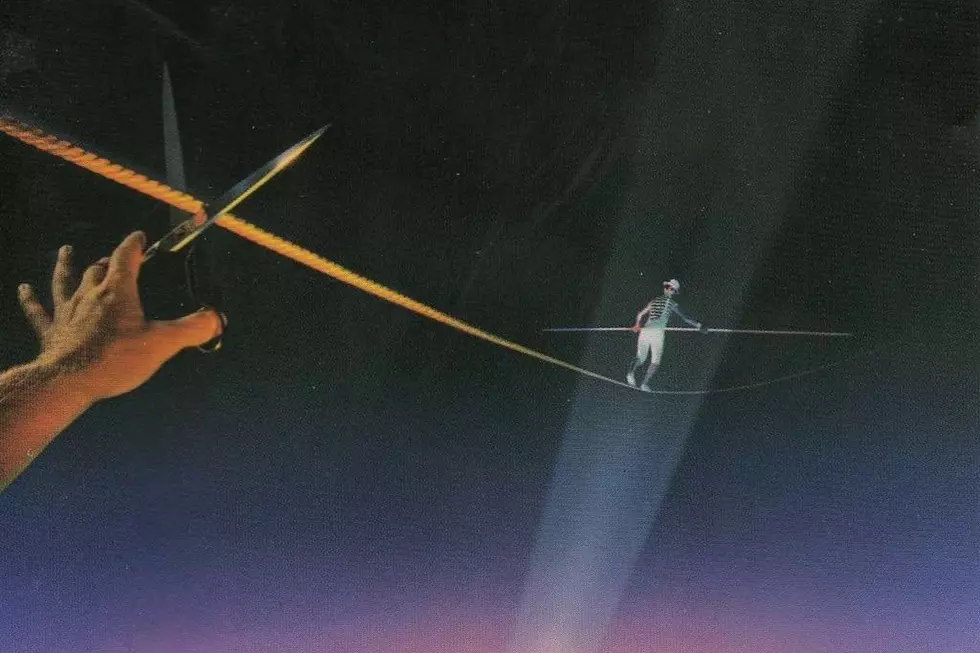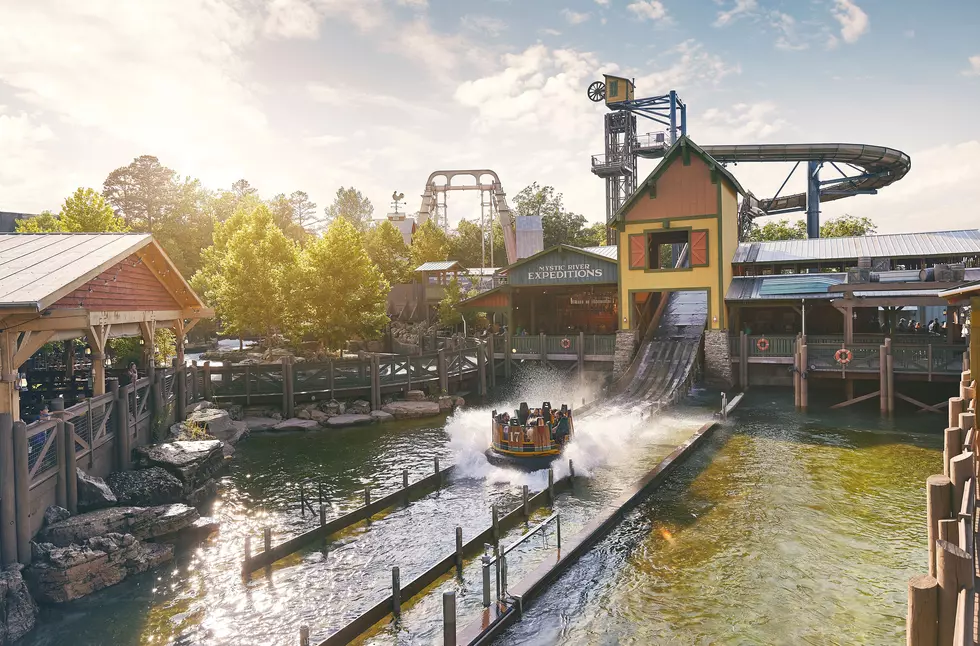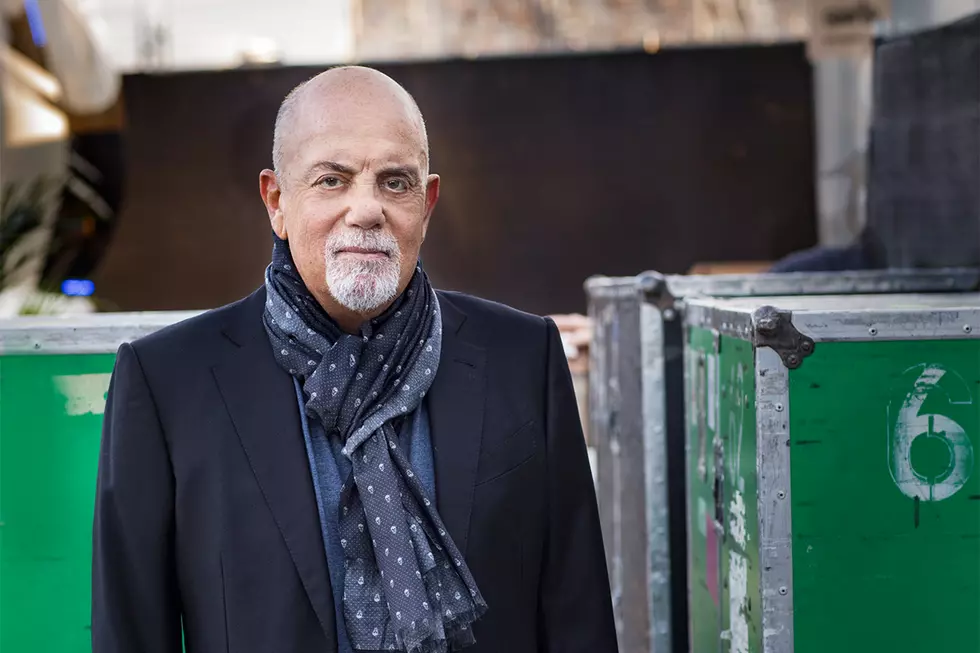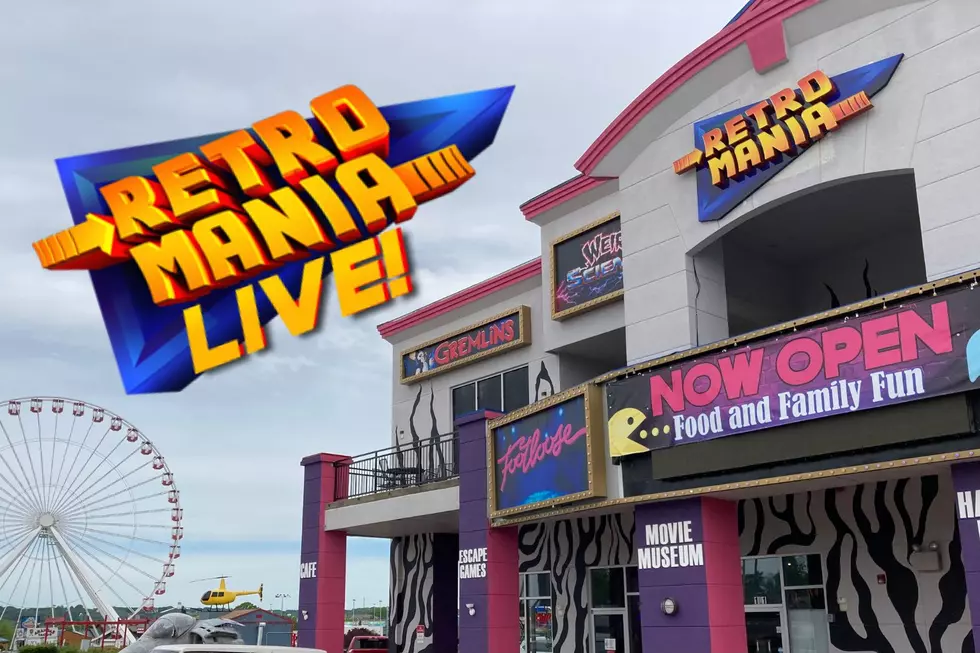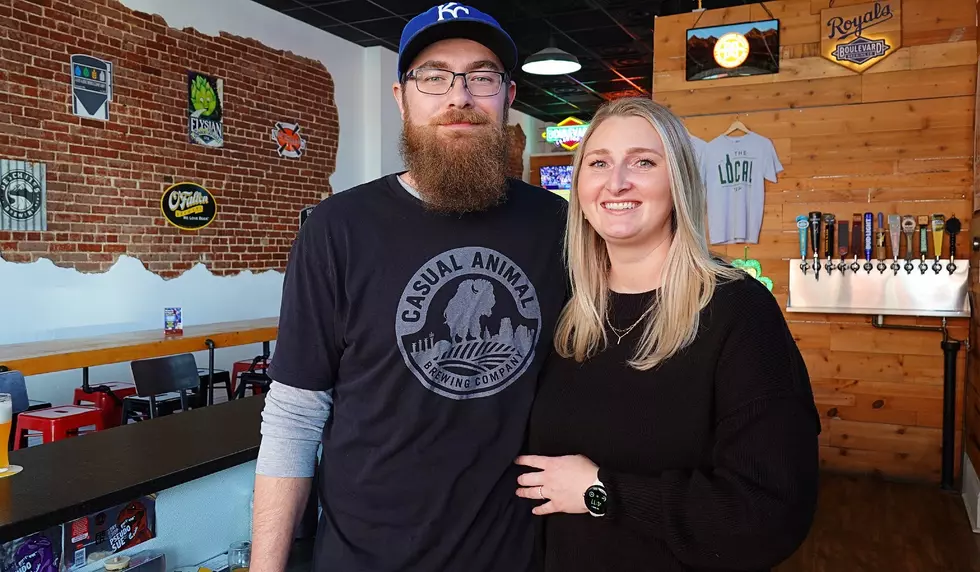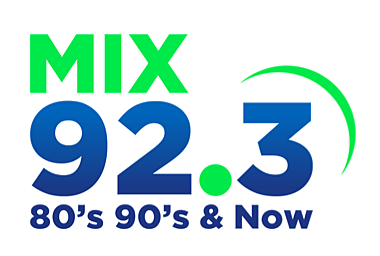
How Supertramp Carried on Without Roger Hodgson With ‘Brother Where You Bound’
If you're ever looking for an example of how much the music industry has changed, just remember this: In the spring of 1985, Supertramp debuted its new album for a crowd of 100 VIPs during an overnight journey from Paris to Venice on the Orient Express — and when they arrived at their destination, they debuted an expensive film commissioned for the record.
In their defense, Supertramp had good reason to try to make as big a splash as possible with the LP. Released in May 1985, Brother Where You Bound presented a new version of Supertramp — one without the voice, guitar, and songwriting input of co-founder Roger Hodgson, who'd departed following their 1982 release, Famous Last Words.
As former bandmate Rick Davies explained, Hodgson's farewell caused no small amount of confusion for fans and industry onlookers. "When we did our last European tour, Roger told audiences that it was the last time they'd see all of us together," he later told Billboard. "That made a lot of people think the band was breaking up. We wanted to make it clear that the band is very much alive and well."
Supertramp set about doing so with a six-track effort that retreated from the radio-friendly pop of Famous Last Words and its predecessor, 1979's hugely successful Breakfast in America, returning to the more progressive sound they'd employed on older records such as Even in the Quietest Moments and Crime of the Century. Although there were rumors that Davies initially intended to record it as a solo album, the band ultimately elected to carry on as a four-piece in Hodgson's absence.
"[Davies] still likes playing with the group," sax player John Helliwell explained. "He had the opportunity to do a solo album, as do all of us in the group, but we enjoy playing together still and it was just a natural progression. Some people thought the group had split up after Roger left, but we never thought that. It was just rumor. We didn’t do anything to dispel it until we had some kind of product to show the public."
As for adjusting to life without Hodgson, who'd written and handled vocals for a number of the band's biggest hits? "We missed him to a certain degree. I mean, we missed his uniqueness, his voice," Helliwell admitted. "But we were very happy to get together with the four of us and I think it produced a much more focused, down to earth, record."
As many bands tend to do after they've reached the veteran stage of their careers, Supertramp drew on a cache of older material when they set about recording Brother Where You Bound — specifically the album's epic, 16-minute title track and its closing number, the plaintive ballad "Ever Open Door," both of which missed the cut for Famous Last Words during the demoing process.
"The albums were always kind of designed where Rick and Roger would sit together and go through their stuff. And if there was a gap where one of them didn't have the appropriate tune for that slot, then they would write and try and come up with something that was appropriate," drummer Bob Siebenberg explained in a 2003 interview. "We were right down to the nuts and bolts of it, and Roger decided he was going to yank this one tune. He knew he was leaving and I think he wanted it for his solo album. So he yanked it, and Rick yanked something, and Roger yanked something else. 'Brother' and 'Ever Open Door' went."
Watch Supertramp's Video for 'Cannonball'
Hodgson's departure placed the burden of delivering new material squarely on Davies, but the absence of a full-time guitarist opened up new opportunities for the band when it came time to record the title track. Although Marty Walsh filled the guitar spot for much of the record, "Brother Where You Bound" featured some major-league pinch-hitting from David Gilmour and Thin Lizzy guitarist Scott Gorham.
Those guest stars didn't do much to increase the size of Brother Where You Bound's splash on the charts, where it stalled at No. 21 on the U.S. and No. 20 in the band's native U.K. — a respectable performance, but still a comedown from their Breakfast in America peak. On the other hand, the record gave the group a sizable rock and dance hit with the record's lead-off single, "Cannonball." As Davies later admitted, that success helped grease the skids for their first tour without Hodgson.
"There was a time," Davies recalled in the liner notes of a best-of compilation, "when we wondered if Supertramp was only a Rick and Roger situation, or if it was valid to continue as just the four of us. We decided to give it a shot, but we waited several months before going out on tour for the album. We were all a little apprehensive before that first live show, but the crowd went nuts. We knew we were over that hurdle. And the response to the newer material, like 'Cannonball' was very good, so we were encouraged."
That encouragement would prove somewhat short-lived: Supertramp went on a long hiatus following the tour in support of Brother's 1987 follow-up, the little-heard Free as a Bird. Still, whatever the outcome, 1985 marked a recommitment to ambitions that had started slipping away from the band in the wake of their greatest commercial success.
"From the Breakfast in America album to Famous Last Words, the music was getting a bit light," Helliwell argued in a 1985 interview with the Chicago Tribune. "I think it's gotten a bit more serious and heavy now. I don't quite know why. But we feel the music we're doing now is a bit more serious and a bit more focused."
Still, for many fans, Supertramp wasn't Supertramp without Hodgson — a position that has continued to draw debate after the band's return to sporadic recording and touring duty in the late '90s. Even if Supertramp's classic lineup wasn't destined to stay together, its best work remained greater than the sum of its parts — something Davies seemed to understand even as Brother Where You Bound arrived in stores.
"Yes, it's a bit of a competition," he admitted to Billboard on the eve of the album's release. "But at the same time, I miss that other creative entity, and I will in the future."
Legends Who Never Had a No. 1 Single
Gallery Credit: Nick DeRiso
More From Mix 92.3
